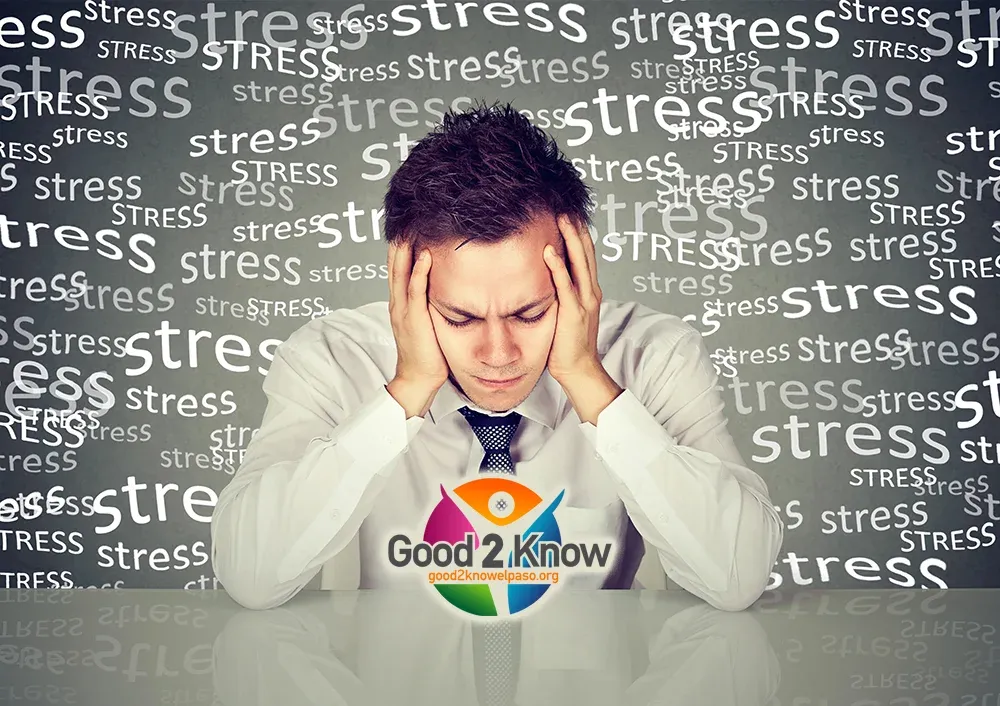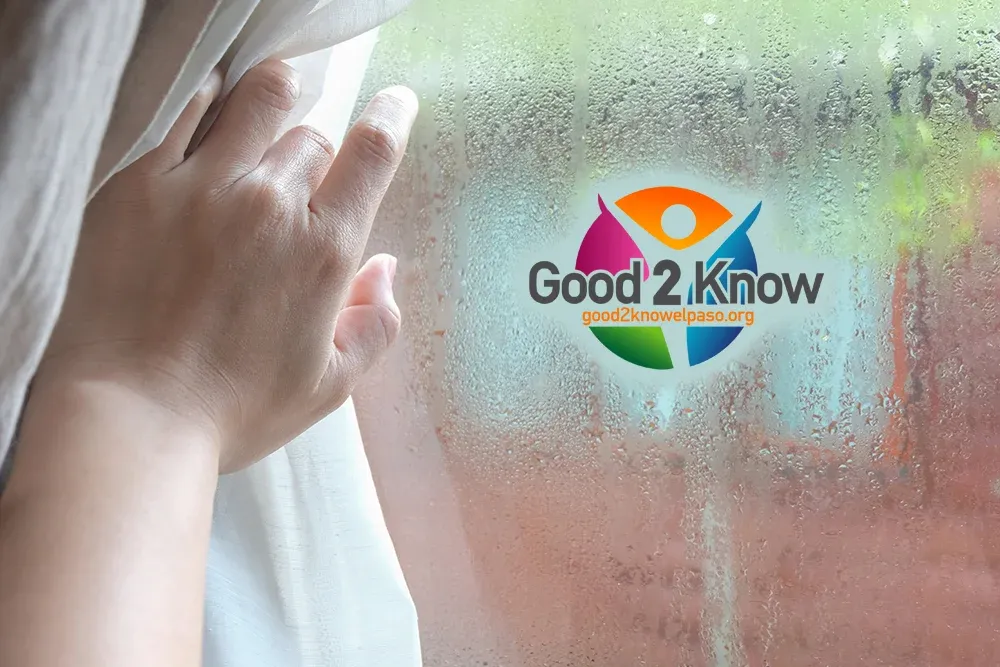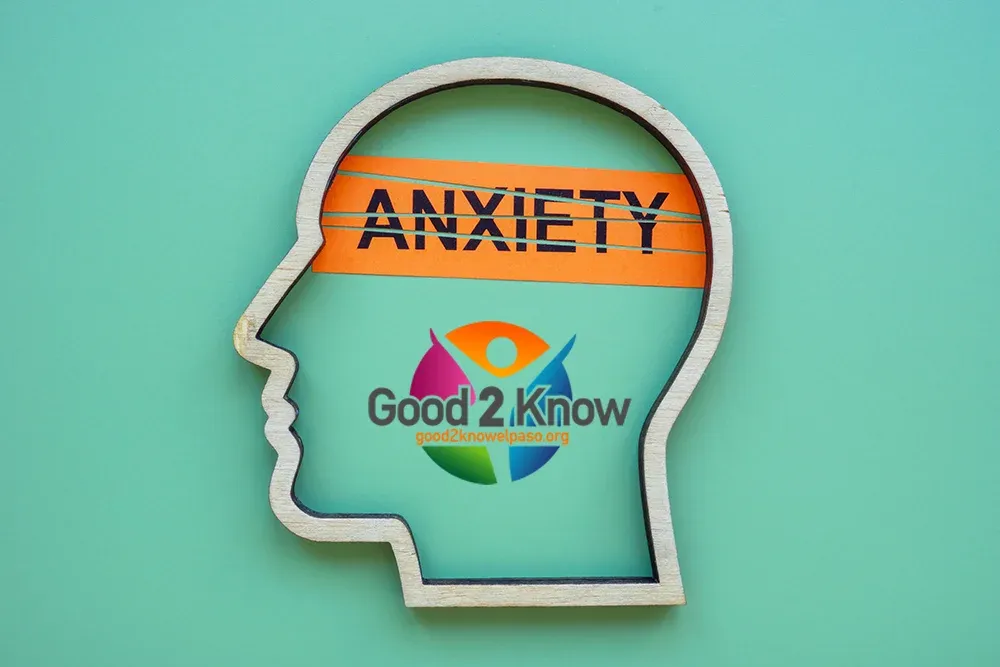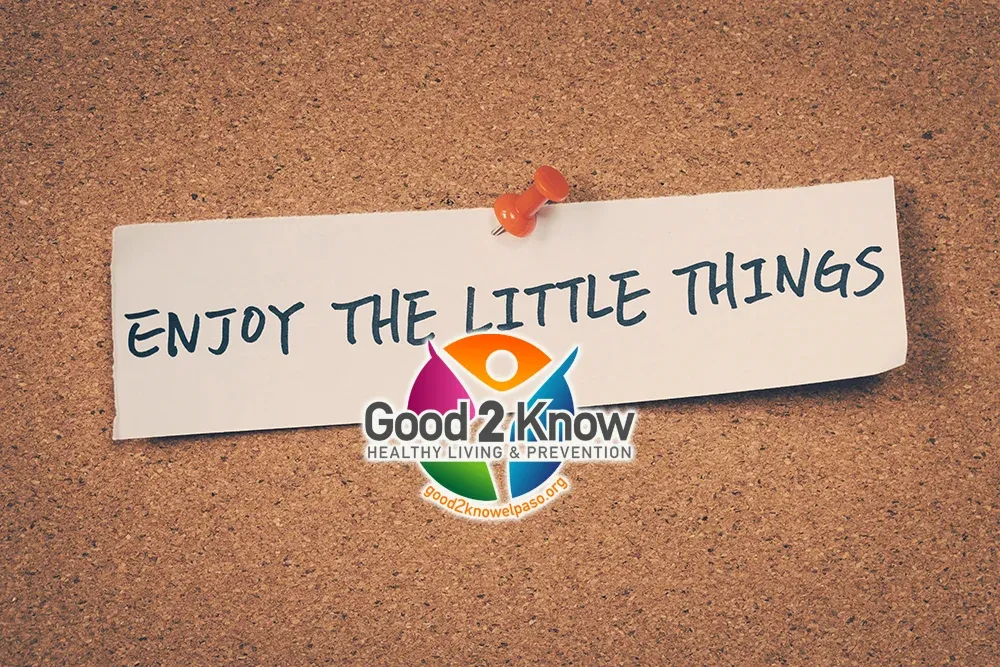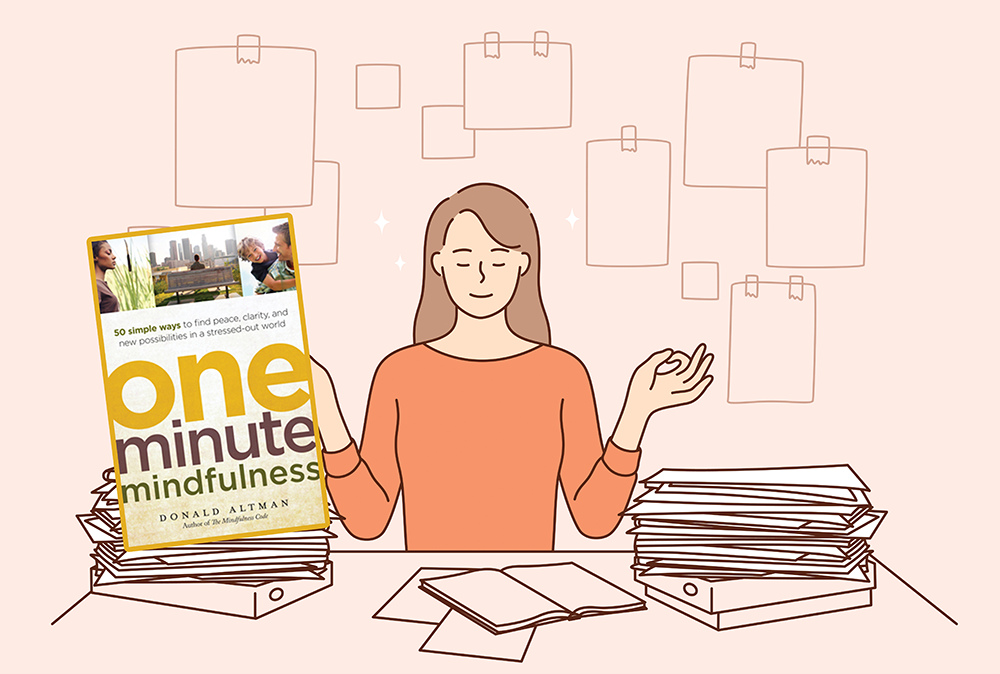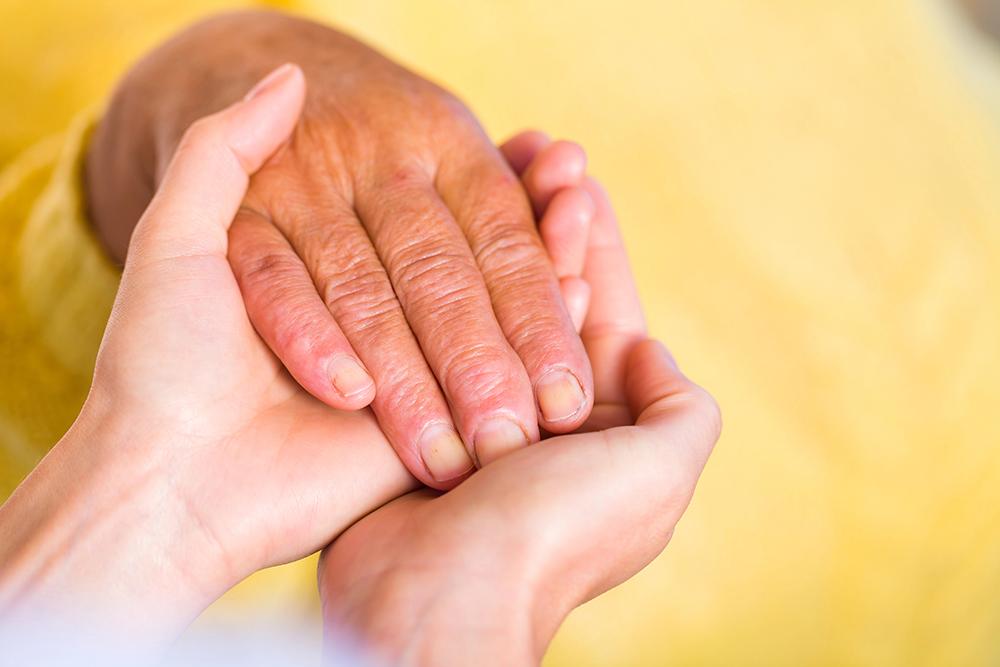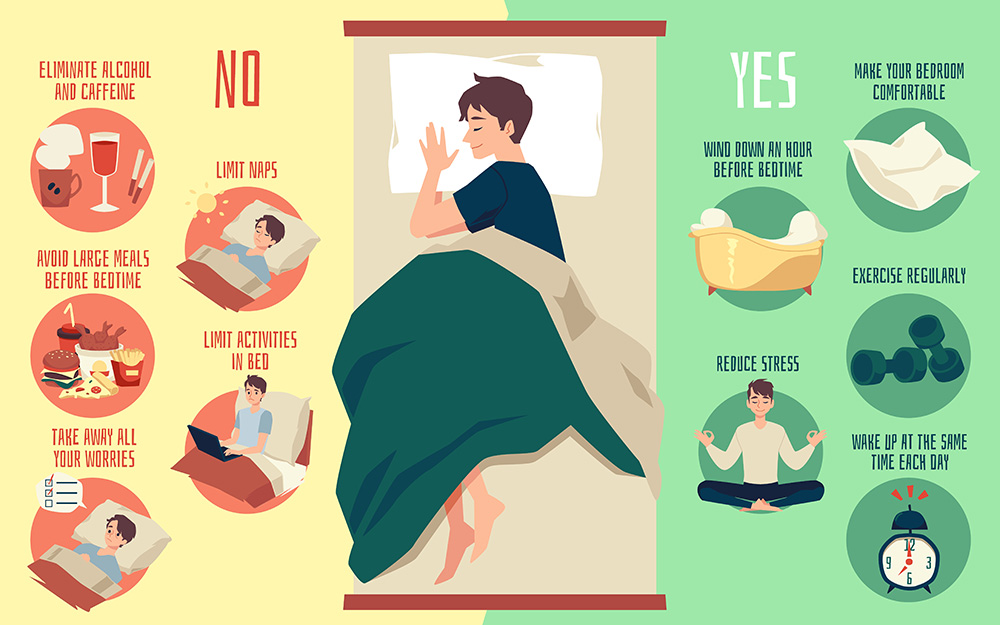Research has shown that there is about a 50% increase in the risk for depression in a person suffering allergies, and if you’ve been seen by an allergist, that about triples the likelihood of having depression, said Dr. Paul Marshall, neuropsychologist at Hennepin County Medical Center in Minneapolis.
An allergic reaction is an immune response that releases cytokines, protein molecules used in communication between cells. When they signal the brain, they induce the feelings of sickness, or being “mentally drained,” that often accompany the flu. This cytokine release isn’t as powerful in allergies, but it’s still present, Marshall said.
A 2002 study Marshall led, published in the journal Psychosomatic Medicine, found that allergic reactions to ragweed pollen cause “significant fatigue and mood changes” in at least some patients. Research that Marshall collaborated on in 2000 found that such reactions could cause slowed speed of cognitive processing.
Alternatively, low moods during allergy season could be situational – the result of all the sneezing or side effects from medication.
Studies show that people don’t perform as well at school because of allergic reactions, and adults’ performance at work suffers, says allergist Dr. Robert Overholt of Knoxville, Tennessee. These problems could exacerbate depressive symptoms, he said. That, combined with sleep disturbance, could make people feel unwell.
Source: https://www.cnn.com/2018/03/23/health/allergy-depr...
Seasonal allergies, which affect about 36 million Americans, aren’t just an annoyance; many doctors agree that there is a real connection between allergies and mood.




